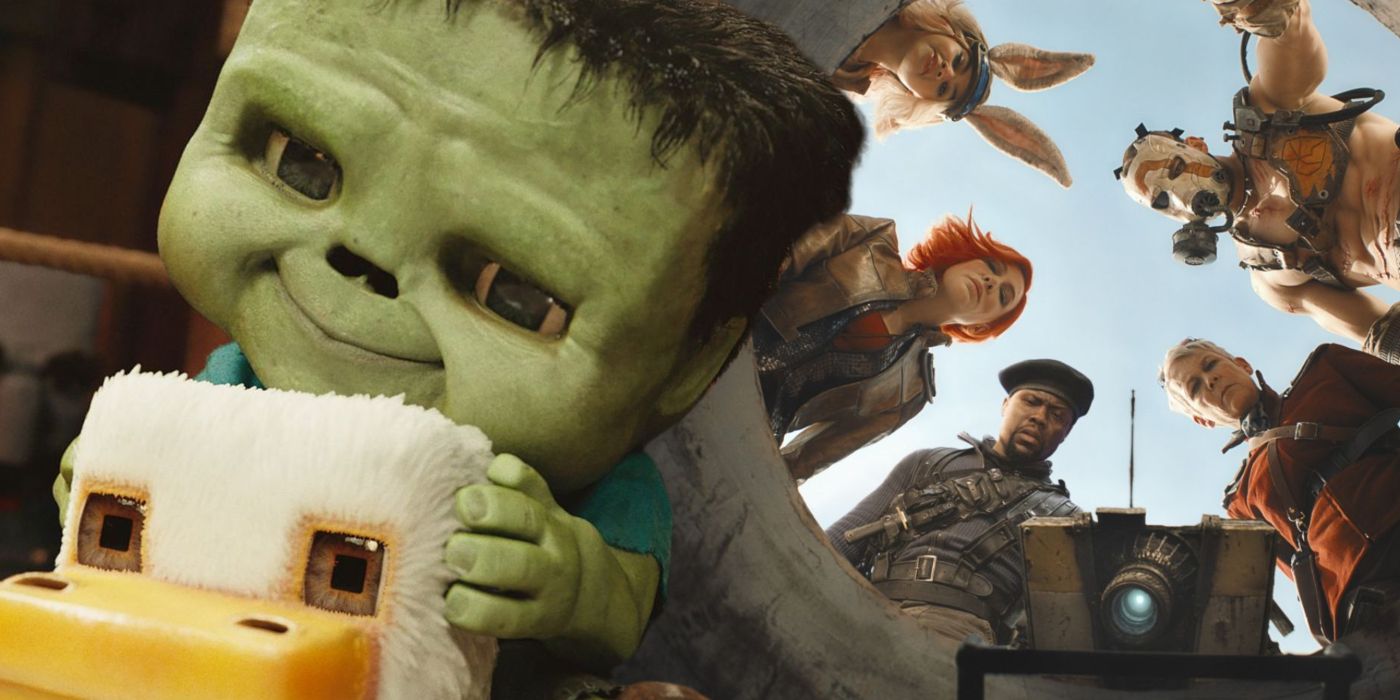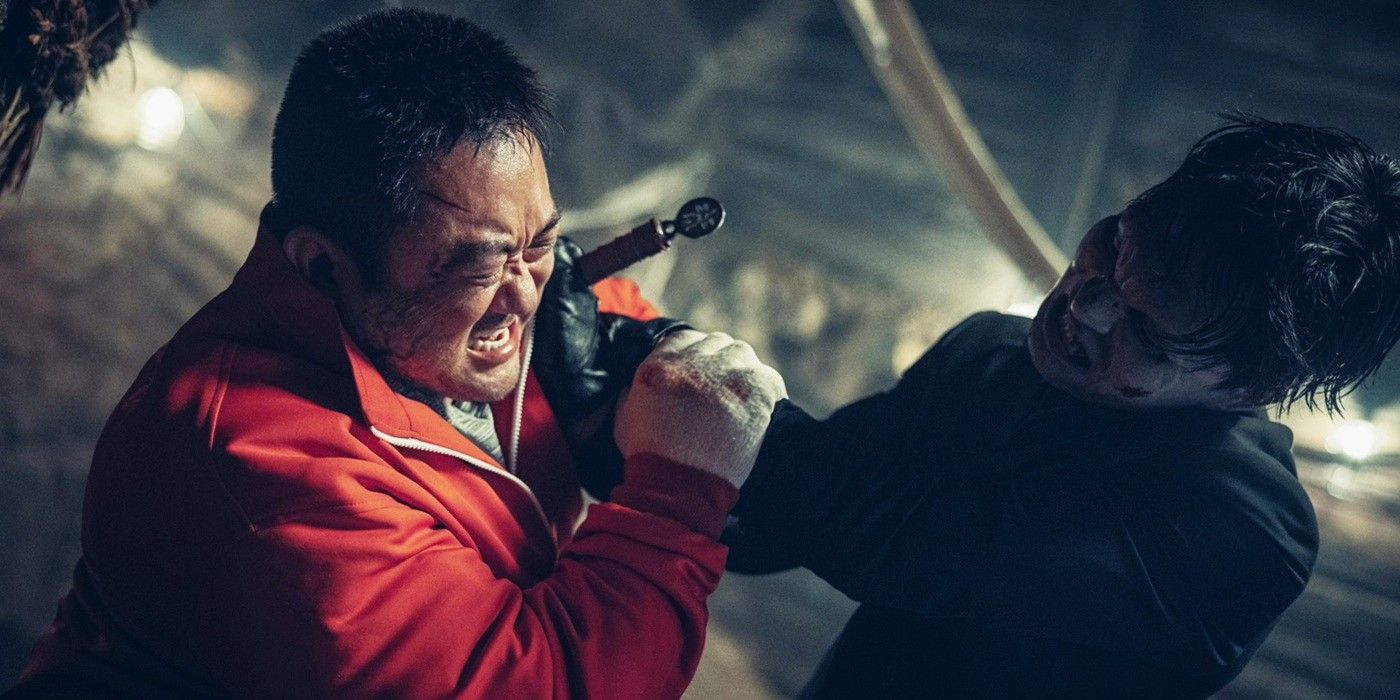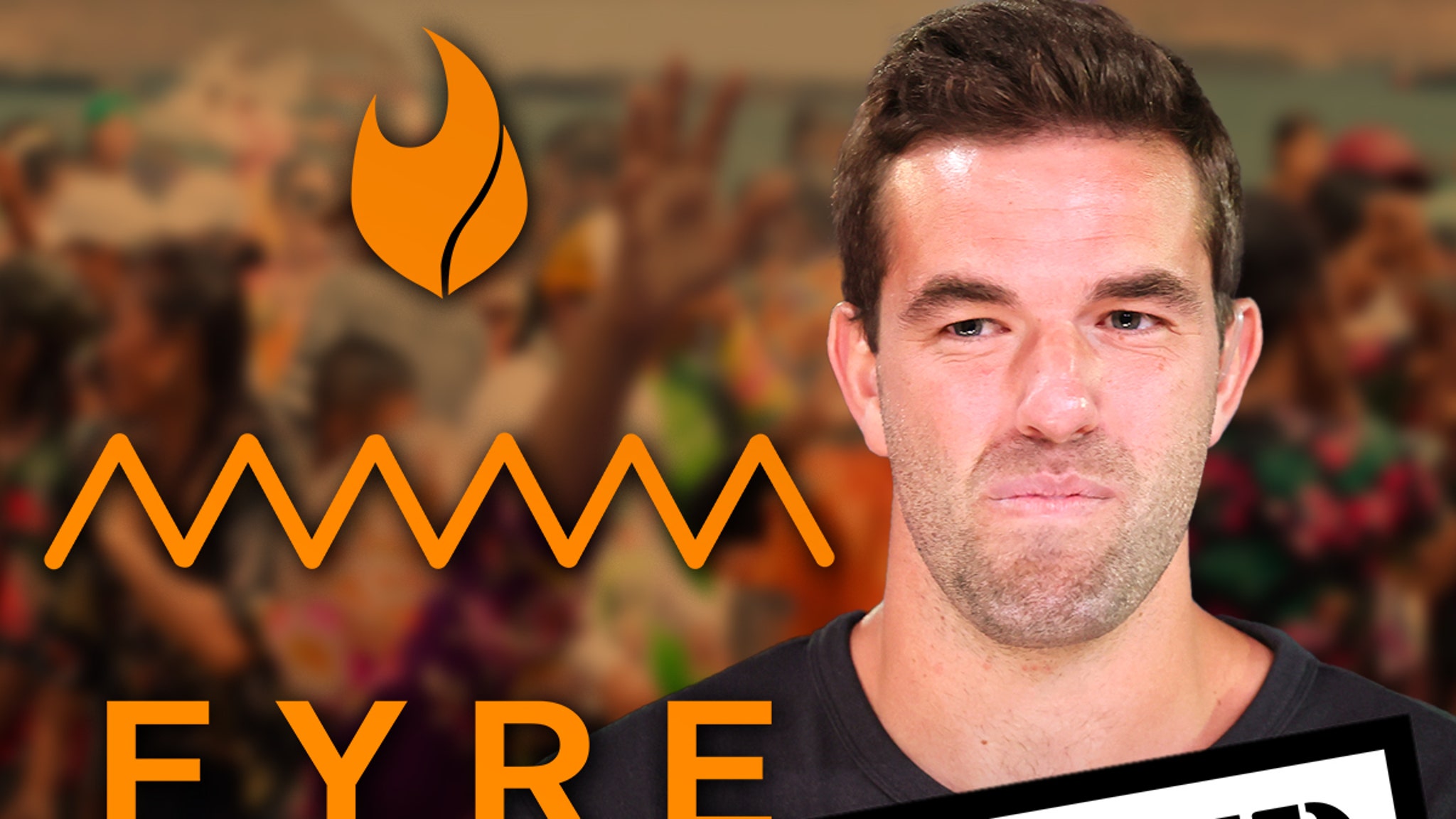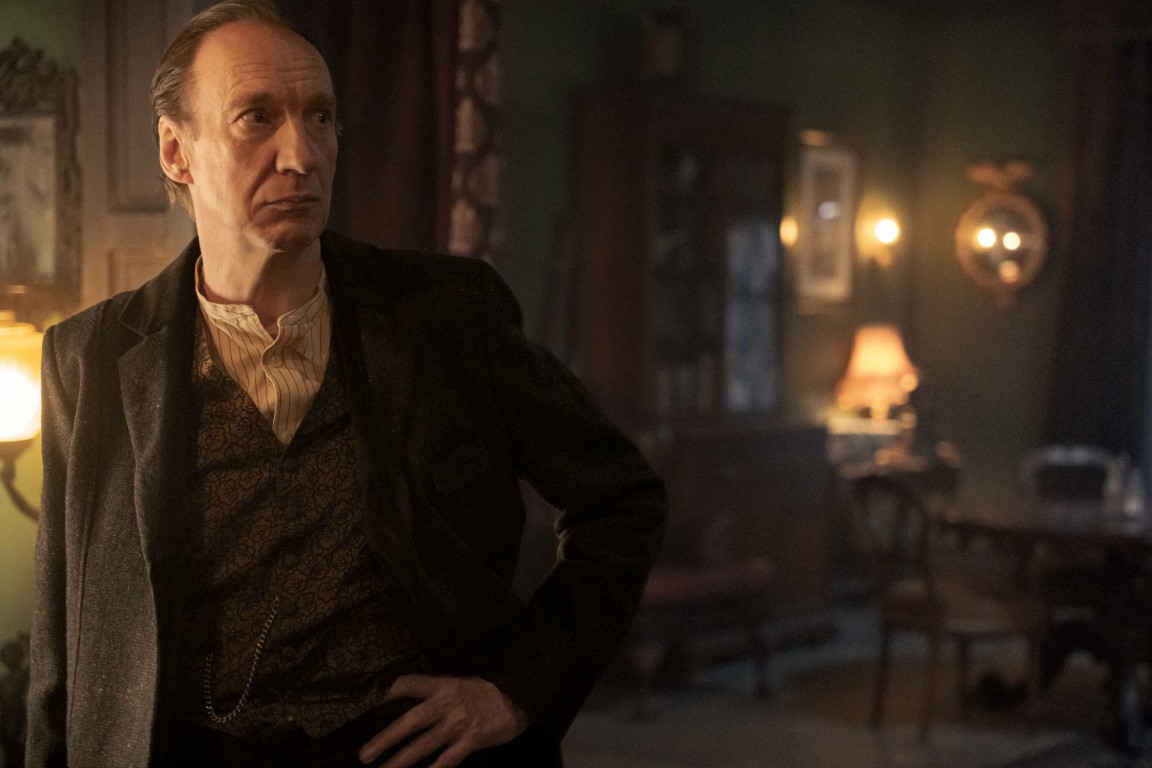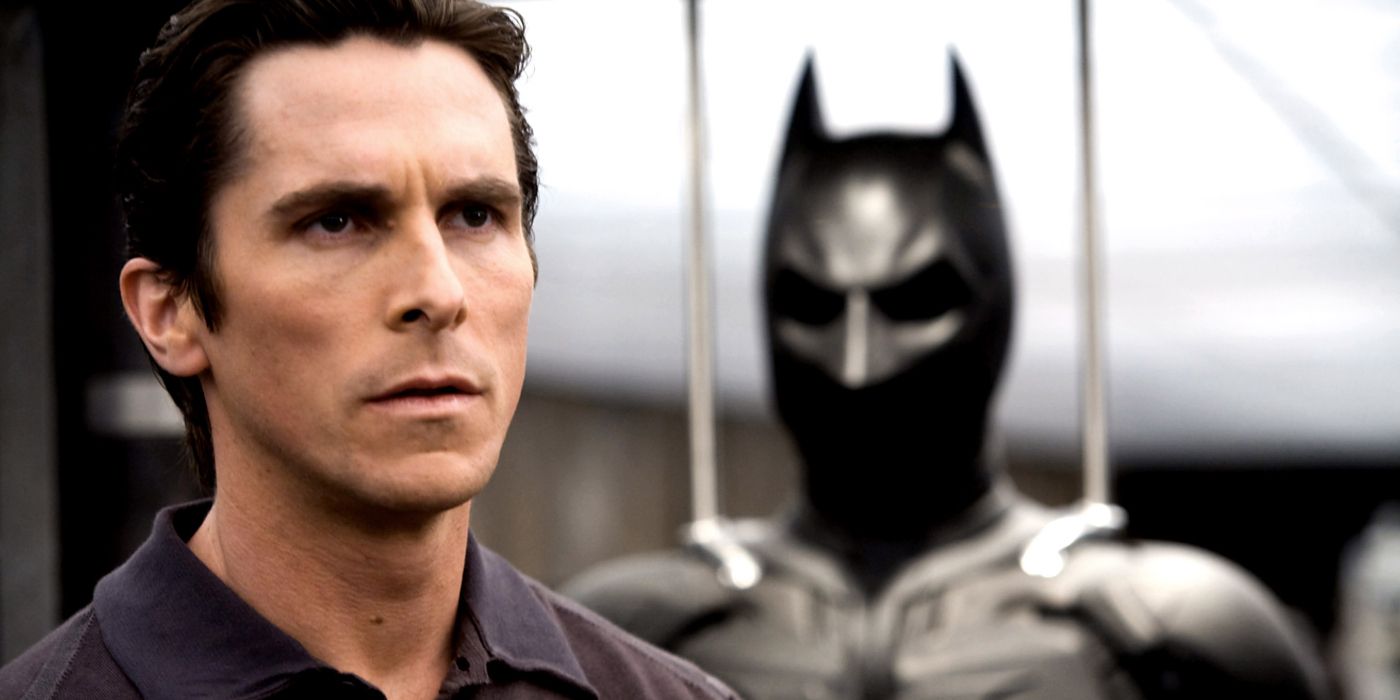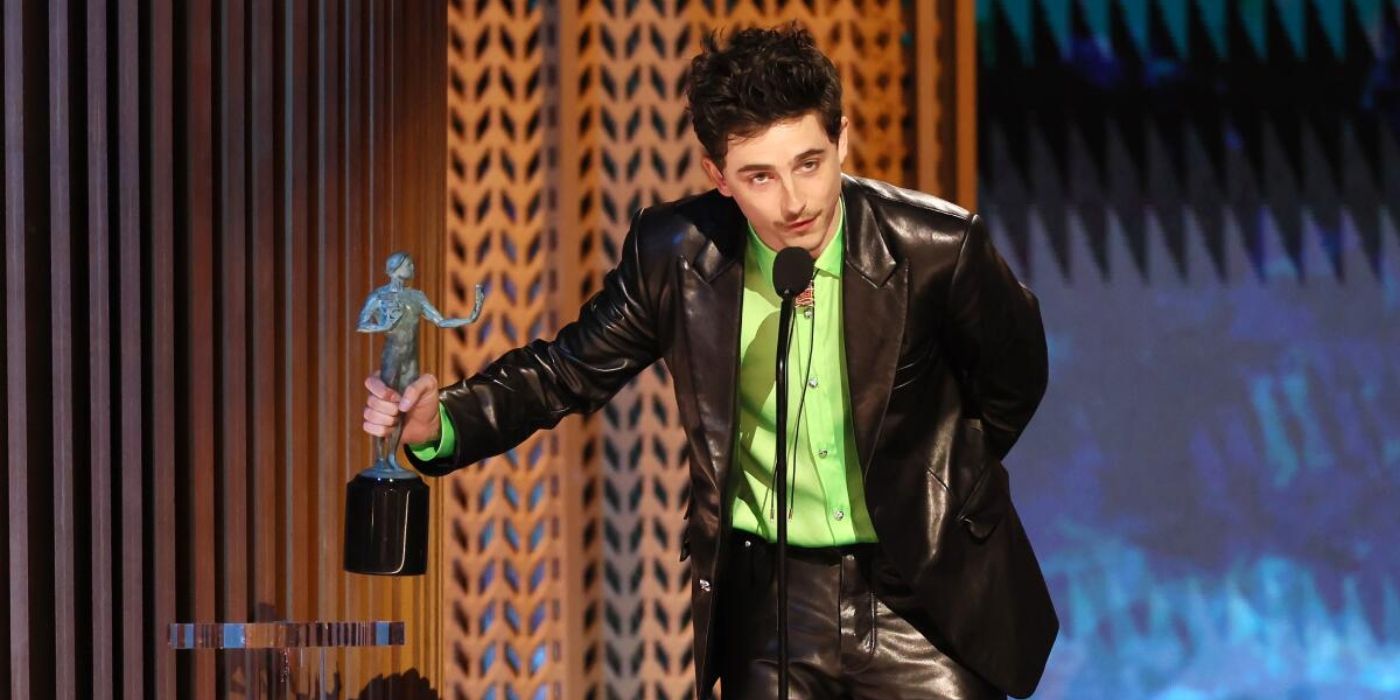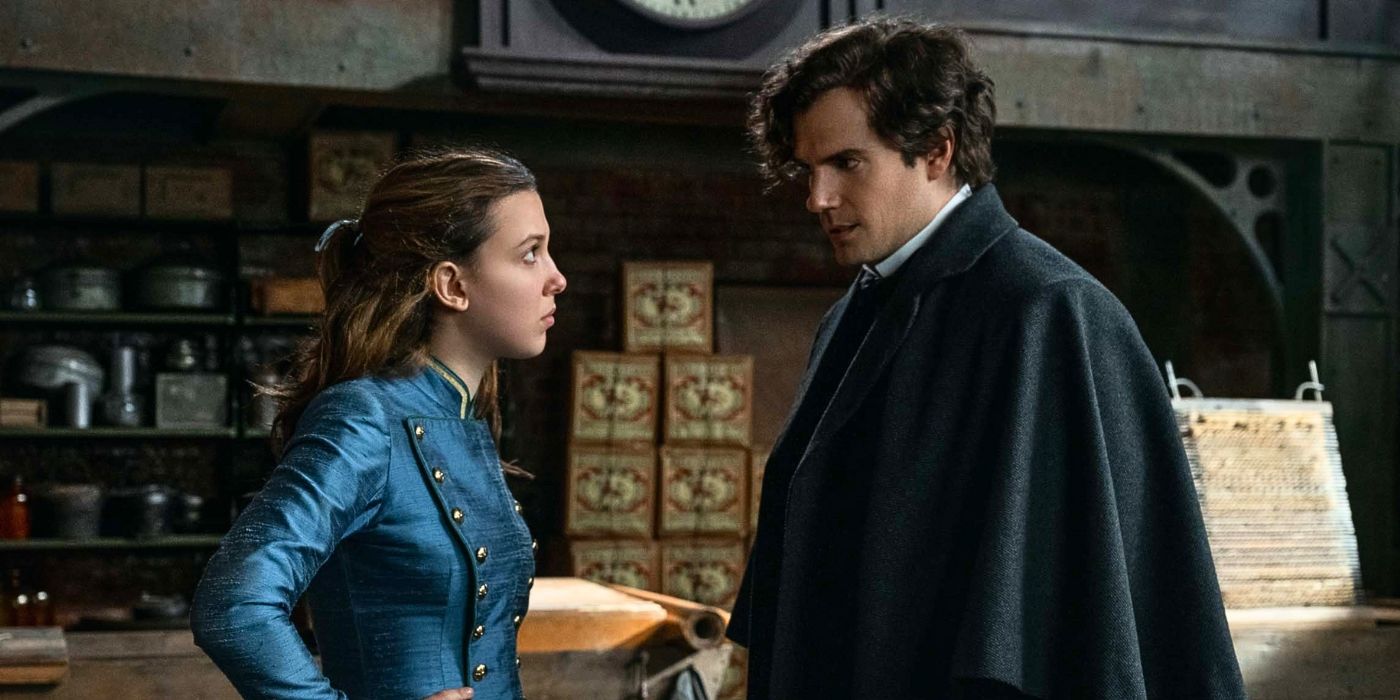The title is a pun that can be appreciated on multiple levels. The framework for the movie is Cheney’s quest to construct an actual ark (small “k” on the end) like the ones in the Old Testament or the Epic of Gilgamesh on family property in the woods of Maine, in order to contain all of the stuff he wants preserved. The building of this vessel an attempt to superimpose form and limits (or boundaries) on a mountain of random ephemera and data that he’s gathered up during the course of many decades, as well as a self-deprecatingly humorous lashing-out against the concept of impermanence (as if sticking all of his stuff in a boat on dry land isn’t actually going to preserve it!). Building an ark is also a somewhat arbitrary and cool (verging on gimmicky — and Cheney realizes this) way to superimpose limits on the 98-minute movie you’re watching. “The Arc of Oblivion” could just as easily have been nine or nine-hundred minutes long, considering what it’s about. And the “c” in the word “arc” confirms that this is all ultimately pointless, even though we can fantasize otherwise. Or as Bruce Springsteen sang in “Atlantic City,” “Everything dies, baby, that’s a fact/But maybe everything that dies someday comes back.”
Documentarian Kristen Johnson (“Cameraperson,” “Dick Johnson is Dead”), whose own work has similar fascinations, appears in the film along with her brother Kirk Johnson, a paleontologist and fossil collector who tells the filmmaker that he wants to be buried in the Mississippi River because spots like that are where fossils are most likely to be formed, and he wants to be remembered somehow, even if it’s only by the land itself. We also meet potter Yasmin Glinton Poitier, who lost her childhood house in a hurricane, and limestone magnate and Christian David Hoch, who does a quality check on the concrete being used in the ark’s foundation, then does a little presentation about limestone and its use in the so-called magic lantern, which is where the phrase “in the limelight” comes from; and married photographers Erin and Brian Palmer, who shoot cemeteries where the remains of Black Americans are interred. The score is by the director’s brother Colin Cheney, who mixed the family’s audio and video with recordings of sounds that he made from interacting with objects his father stored in the family’s barn.
The great German ruminator Werner Herzog didn’t have much to do with “Arc of Oblivion” beyond executive producing it, but his spirit infuses the entire thing, including Cheney’s narration, which has that Herzogian quality of disappearing into its own navel almost immediately and being entertaining and funny anyway because it’s simultaneously self-mocking and sincere. There’s also a buried (like, deep beneath the creative soil) acknowledgment of Herzog’s own filmography, which is packed with stories about men who went on a mad quest to erect a monument to their own existence only to find out the hard way that it’s a pointless exercise.
You can view the original article HERE.

